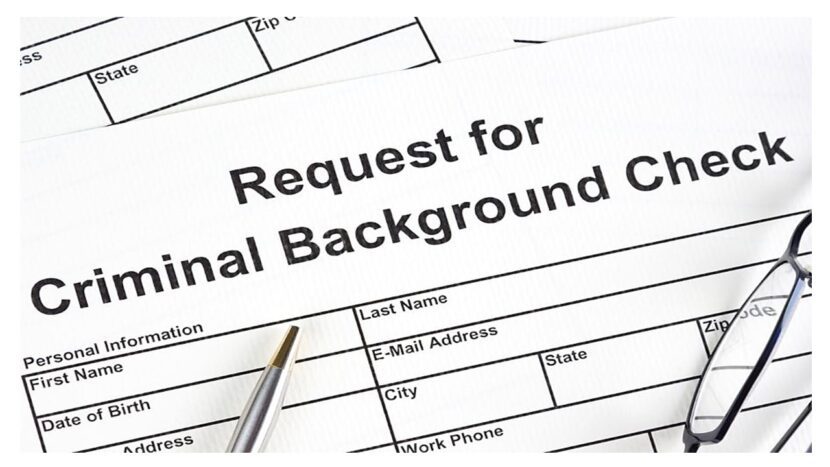Do I need a police certificate when applying for Express Entry?
Police certificates are a key part of confirming that applicants to many Canadian immigration programs are admissible to Canada before they enter the country.
Express Entry is Canada’s largest federal immigration pathway, introduced in 2015 to help Immigration, Refugees and Citizenship Canada (IRCC) bring more skilled workers to this country. By offering permanent residence (PR) in Canada to successful applicants, IRCC has worked hard to supplement this country’s natural workforce and address national labour market gaps simultaneously.
Note: Under the Express Entry application management system, Canada’s federal government manages applications to the Federal Skilled Worker Program (FSWP), the Canadian Experience Class (CEC) and the Federal Skilled Trades Program (FSTP).
Now that this article has provided a small introduction to Express Entry, the following will discuss police certificates as they relate to Express Entry and answer some other key questions related to these key Canadian immigration documents.
What is a police certificate?
A police certificate is a document used to verify whether a permanent resident or citizenship applicant is, for any reason, inadmissible to Canada. These documents can provide the necessary authorities with a copy of an applicant’s criminal record (if they have one) or validate that they do not have one.
Police certificates are vital because applicants with a criminal record and those “who pose a risk to Canada’s security” may not be allowed to enter or stay in Canada. These documents must be submitted as part of all Canadian PR and citizenship applications. Although not always a requirement, police certificates may also be requested by IRCC from visitor visa, study permit and work permit applicants.
Note: Police certificates may go by different names depending on the country from which they are requested; examples include police clearance certificates, good conduct certificates and judicial record extracts.
Generally, principal immigration applicants and any family members above the age of 18 may need to get a police certificate, although this will ultimately depend on the program you’re applying to.
Do I need a police certificate when applying for Express Entry?
Yes, police certificates are required for all Express Entry applicants. It is important to note that applicants to any of the three Express Entry-managed programs have 90 days to submit their police certificate.
Note: Due to the competitive nature of Express Entry and the time it may take to receive a police certificate, IRCC advises applicants to seek a police certificate as soon as they enter the applicant pool.
More about Express Entry: Category-Based Draws
In an effort to further address labour market challenges in this country, IRCC recently introduced category-based Express Entry draws. In addition to “standard” Express Entry selections, which issue Invitations to Apply (ITAs) for PR primarily based on their Comprehensive Ranking System (CRS) score, category-based draws focus on bringing in skilled workers with in-demand recent work experience or proficiencies.
For 2023, IRCC has chosen to conduct category-based draws for immigration candidates with French-language proficiency as well as work experience in the following five sectors: Healthcare; Science, Technology, Engineering and Mathematics (STEM); Transport; Trades; and Agriculture/Agri-Food.
How do I get a police certificate?
Police certificates often need to be obtained from the police or government.
These certificates may require the submission of information/documents including biometrics* (fingerprints and a photograph), addresses and dates of residence in a particular country and payment of any required fees.
*Biometrics submission for a police certificate is different than biometrics submission for an immigration application
Details on how and where to obtain a police certificate, a process that varies by country, can be found using this Government of Canada tool.
What do I do if I cannot get a police certificate in time?
With just 60 days to apply for PR in Canada once an applicant receives their ITA, there are certain situations where an applicant may not be able to request and receive their police certificate in time to meet the deadline.
Note: In this case, applicants can either decline their ITA or prove to IRCC that they applied for a police certificate.
Option 1: Declining your ITA
With this option, the applicant’s Express Entry profile will be returned to the applicant pool and they will need to wait and see whether they are invited to apply for PR in Canada again.
Option 2: Prove you applied for the police certificate
IRCC may conditionally accept a letter of explanation (alongside proof of request) that showcases an applicant’s effort to obtain a police certificate in a timely manner.
Examples of proof cited by IRCC as valid include:
- A confirmation receipt and/or payment receipt
- A delivery notice or a tracking number
Note: Final determination will be left to the discretion of an IRCC officer. Depending on the officer’s assessment, an Express Entry candidate’s application may be rejected for incompleteness.
Other key information about police certificates
The following list contains more key information related to police certificates for Canadian permanent residence.
- The validity period of a police certificate depends on the program for which the certificate is required; the instruction guide for each program will include this information
- Canadian immigration applicants will generally need to submit a police certificate issued by every country in which they resided for six or more consecutive months over the 10 years preceding their immigration application
- Police certificates are not required for any time that an applicant spent in Canada
- Police certificates are only required for time after the applicant turns 18 years of age

